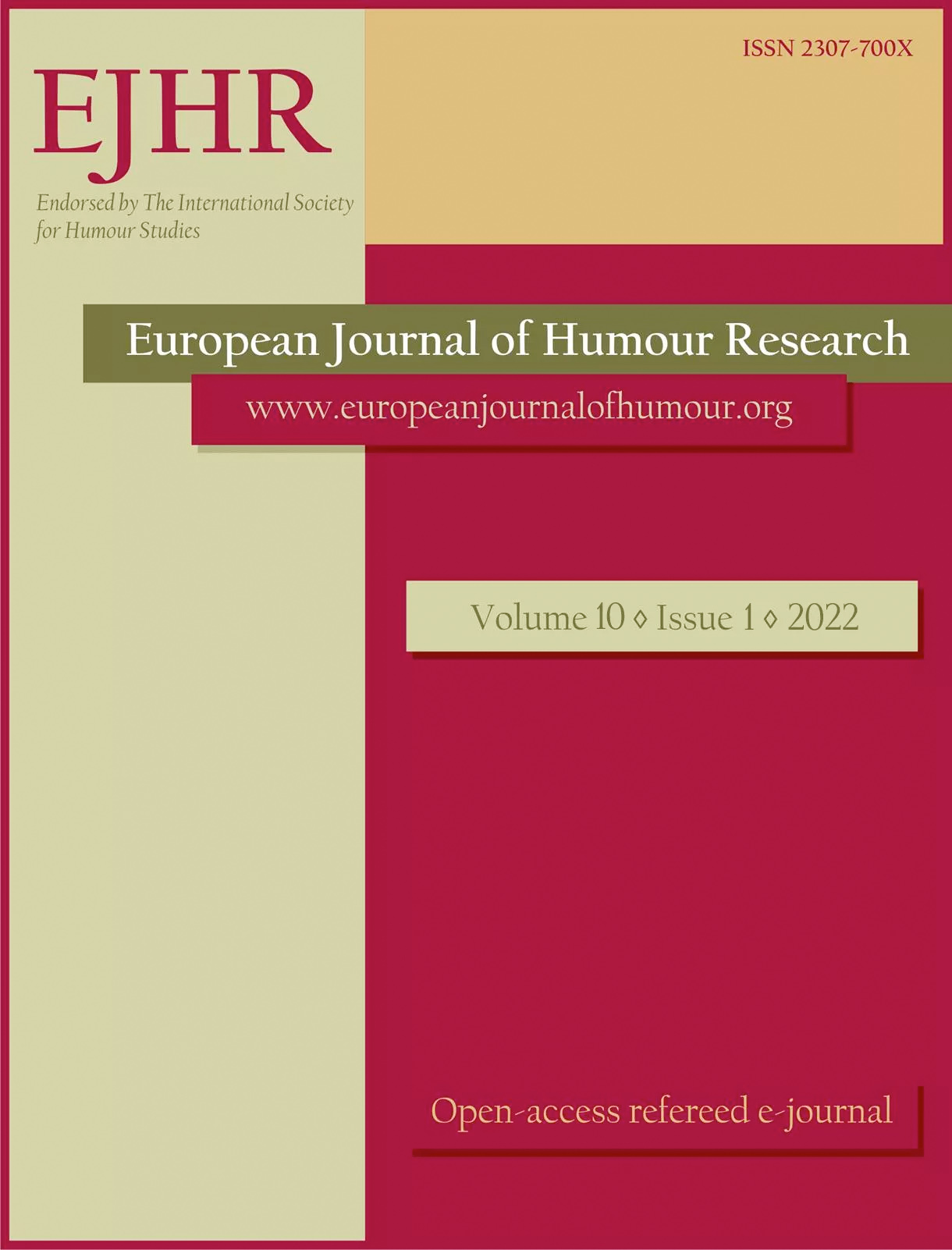“Happy wives” and “sad husbands”:
“Happy wives” and “sad husbands”:
a decrypting analysis of Covid-19 humorous expressions
Author(s): God’sgift Ogban Uwen, Godwin Oko UshieSubject(s): Language and Literature Studies, Theoretical Linguistics, Applied Linguistics, Pragmatics, Sociolinguistics, Descriptive linguistics
Published by: Krakowskie Towarzystwo Popularyzowania Wiedzy o Komunikacji Językowej Tertium
Keywords: COVID-19 pandemic; happy wives - sad husbands; descriptive analysis; humorous expressions; Nigeria
Summary/Abstract: The COVID-19 outbreak was declared a pandemic (a global health emergency) following itsravaging spread and increasing death toll that led to the unprecedented multi-sectoral crisisand collateral damage. These, and the ‘delay’ in the discovery of reliable therapeutic medicinescombined to generate rising fears and tension across the globe. To cope with these realities,discourse participants devised humorous expressions to create laughter, ease tension and meltfears. The paper seeks to examine the contextual usage of such humorous expressions used inNigeria, particularly in Calabar, that denotes the sociolinguistic milieu, and shared knowledgeand experience of the interactants. The study adopts Relief and Encryption Theories of Humourbecause the theories account for the situational appropriateness of the humorous expressionsas “coping devices” in coherence with the cognitive, linguistic, situational and social contexts.Data were generated by means of participant observation in on-site and virtual interactions onsocial media platforms. Findings show that COVID-19 pandemic has exerted irresistiblepressure on language resources that stimulated the creation of humorous expressions as copingmechanisms for the consequential circumstance. Specifically, the humorous expressions suchas “happy wives”, “sad husbands”, “side chicks are hungry” among others were regularly andcontextually deployed for comic reliefs and cognitive recreations to stimulate laughter in crisis.Linguistically, the expressions are devised English structures and other constructs withcodemixed elements derived from the registers of several discourse domains that reflect theNigerian sociolinguistic environment. The structures are therefore modeled to demystify thepandemic and unify interactants in order to ease tension and cope with the realities of thepreventive and survival protocols.
Journal: The European Journal of Humour Research
- Issue Year: 10/2022
- Issue No: 1
- Page Range: 147-167
- Page Count: 21
- Language: English

